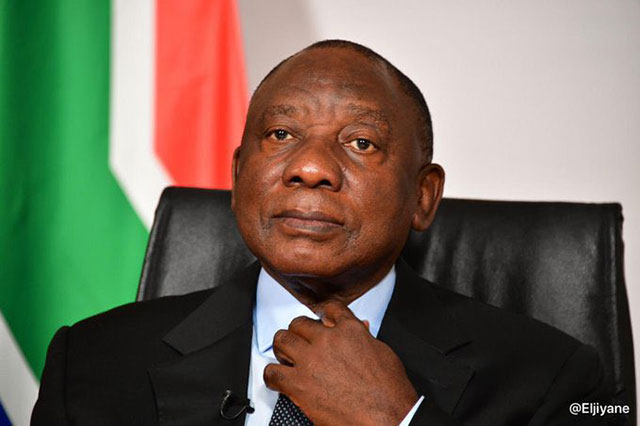Cape Town – President Cyril Ramaphosa has signed into law the Employment Equity Amendment Bill of 2020, seeking to advance the transformation of South Africa’s workforce.
The transformations are intended to occur by setting equity targets for economic sectors and geographical regions, and requiring enterprises to develop transformation plans.
The Bill amends the Employment Equity Act of 1998 (Act No 55 of 1998) with new measures to promote diversity and equality in the workplace.
According to presidential spokesperson Vincent Magwenya the Bill empowers the Minister of Employment and Labour to set employment-equity targets for economic sectors, as well as regions where transformation is lagging. The amendment Bill also empowers the Minister of Employment and Labour to regulate compliance criteria to issue Compliance Certificates as per Section 53 of the Employment Equity Act.
ALSO READ | SA eyes large investment commitments at the 5th SAIC
“The amended Act allows the Minister of Employment and Labour to set regional targets given that racial diversity in South Africa often has regional differences.
“The law requires employers with more than 50 employees to submit employment equity plans for their companies, spelling out how they will achieve these targets. Employers are then required to submit annual reports to the Department of Employment and Labour.
“In the area of remuneration, the law requires employers to pay workers equal pay for equal work. The Bill provides clear definitions of discrimination and sets out what workers can do when facing such discrimination – including lodging grievances with the Commission for Conciliation, Mediation and Arbitration, or the Labour Courts,” Magwenya said.
“Companies seeking to do business with the state will be required to submit a certificate from the Department confirming that they are in compliance with the Employment Equity Act and its objectives, and that they do not pay their employees less than the national minimum wage,” he added.
Due to the objectives of employment equity, labour inspectors will inspect workplaces and issue employers with compliance orders. Magwenya added that the Department of Employment and Labour has committed to increasing the number of labour inspectors and health and safety inspectors who will enforce compliance.
Follow African Insider on Facebook, Twitter and Instagram
Picture: Twitter/@Diegocheuene
For more African news, visit Africaninsider.com
Compiled by Junaid Benjamin


